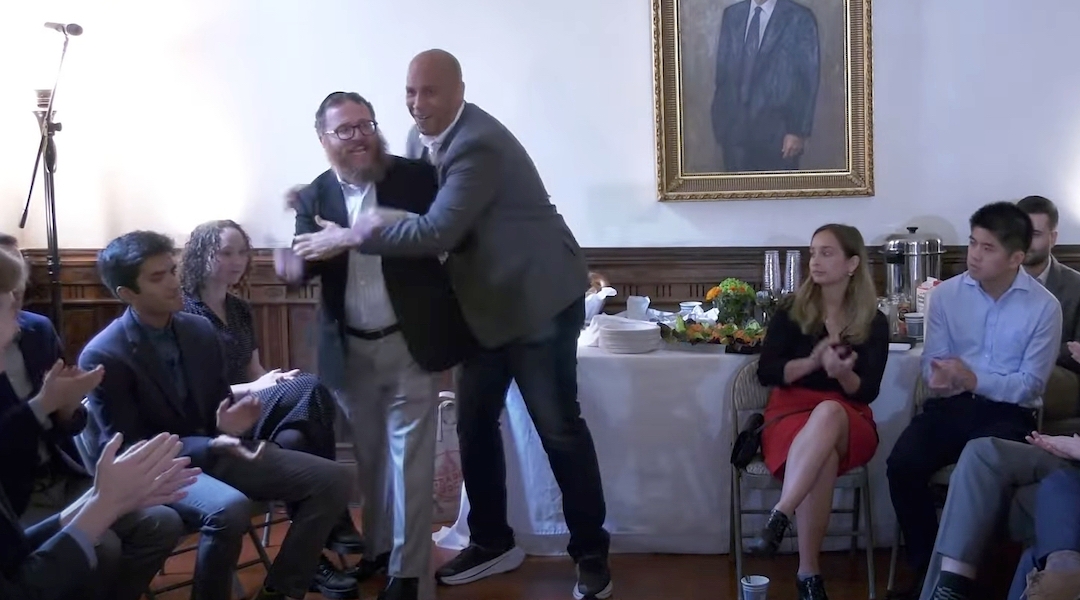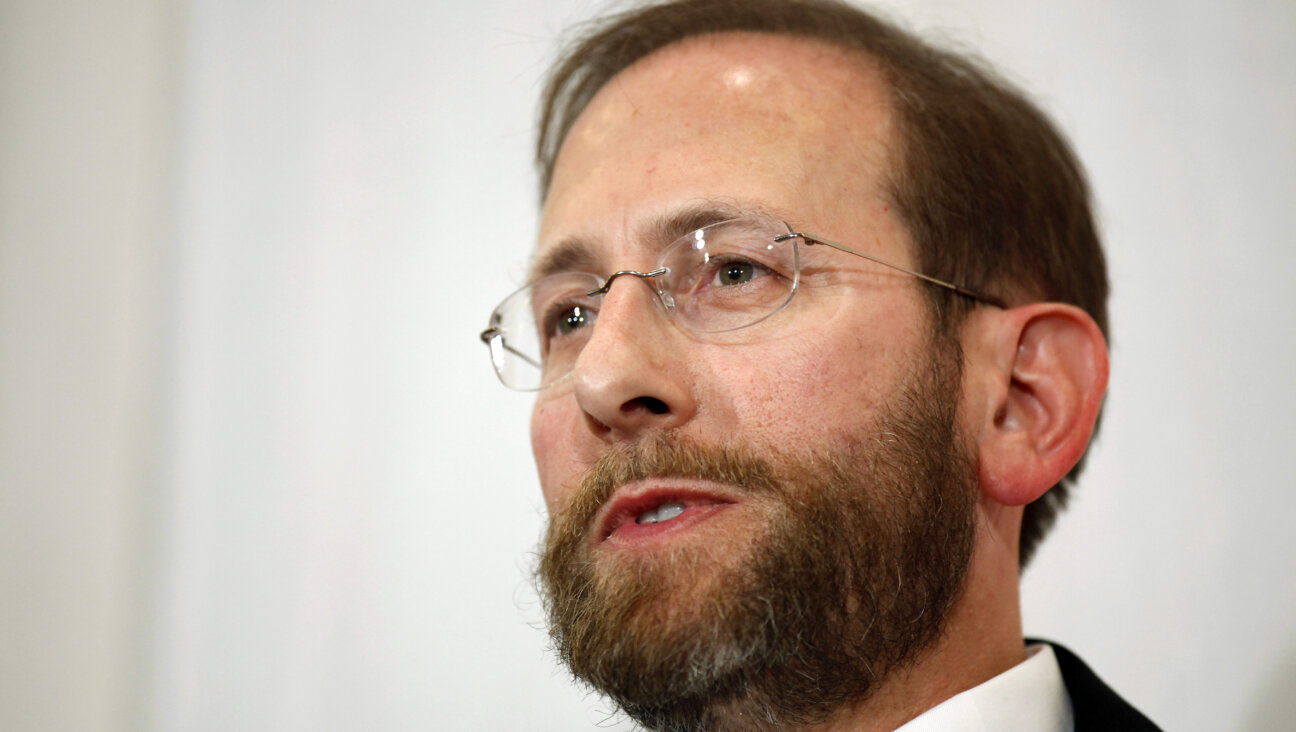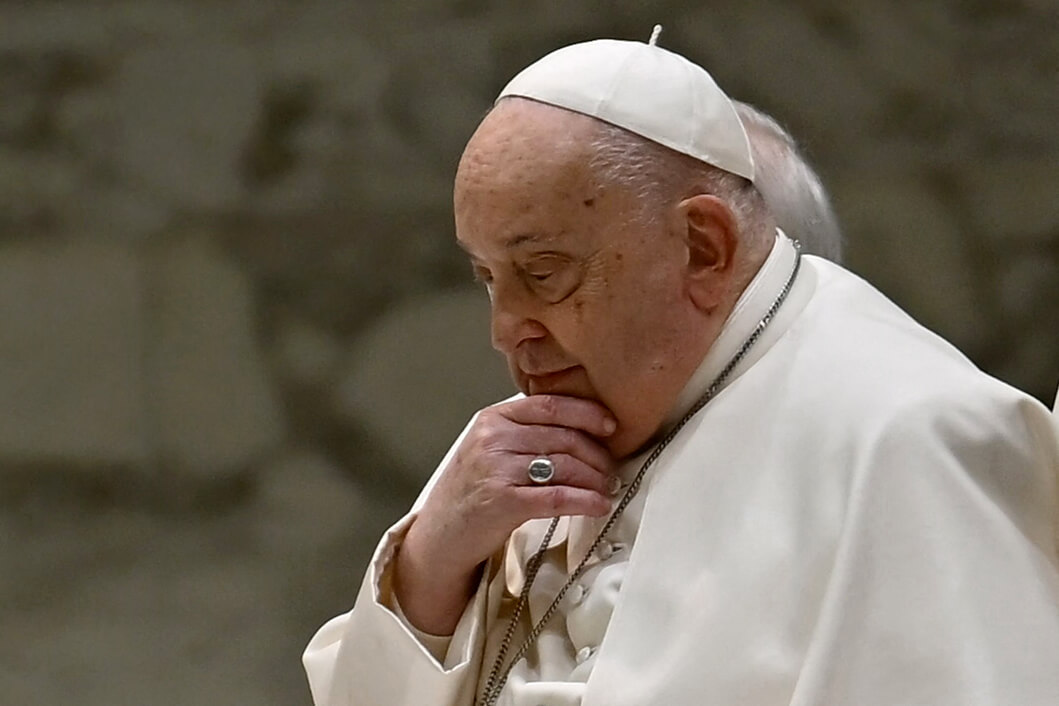A Chicano Writer Seeks Truth in Other Communities
The Nature of Truth: A Novel
By Sergio Troncoso
Northwestern University, 262 pages, $22.95.
* * *|
In “Fresh Challah,” an essay published in Hadassah Magazine in 1999, Sergio Troncoso described sitting in an Upper West Side cafe on Erev Yom Kippur devouring fresh rugelach, luscious fortification for the next day’s fast. Though not Jewish, Troncoso identifies with Jews because he admires in them qualities he adored in his abuelita — his grandmother — a feisty survivor of the Mexican Revolution: “She started with her belief in God, she tested her actions from day to day, and she gained a sense of what was possible, what was stupid, what was unjust, and what was a real achievement.” The son of immigrants from Chihuahua, Troncoso started life in Ysleta, an impoverished colonia on the outskirts of El Paso, Texas. His first book, an award-winning collection called “The Last Tortilla and Other Stories” (University of Arizona Press, 1999) that depicted the experiences of Mexican Americans along the Rio Grande border, established him as a promising voice in Chicano fiction.
It would have been natural for Troncoso to follow the usual conventions of the category, carving out a predictable career portraying life in the barrio, in boisterous bilingual families and in encounters with the Anglophone outside world. His first novel defies that expectation. “The Nature of Truth” is an academic thriller set among the kind of migrant workers who never grace the stage of Luis Valdez’s Teatro Campesino: the students and faculty assembled from many countries for cerebral labor at Yale University.
Helmut Sanchez, the novel’s protagonist, is a Chicano who has never even visited the American Southwest. He grew up in Germany, the son of a soldier who brought the bride he met at Fort Bliss, outside El Paso, back home to Europe with him. After Helmut’s father died, his mother returned to her own people in New Mexico, but — though he adopted her maiden name as his own — Helmut did not accompany her. When readers are introduced to him, at age 26, he is working as the research assistant to Werner Hopfgartner, a distinguished professor in the Department of German at Yale. The younger man’s task is to prepare drafts of scholarly articles that Hopfgartner, nearing retirement, will publish under his own illustrious name.
When Helmut discovers an article from the 1950s in which Hopfgartner defends the Nazis, he is appalled and aroused, determined to discover whether the famous German scholar, who argues against severing thought from action, actually participated in the atrocities of the Third Reich. (Hopfgartner conceals essential truths not only about his complicity with atrocity, and not only about the authorship of articles signed by him but written by his assistant: Behind the door of his office at Yale, the lecherous professor is a sexual predator who exploits the vulnerability of young women in his classes.) With help from his girlfriend, Ariane Sassolini, an immigrant from Italy, Helmut tracks down disturbing truths about Hopfgartner’s life before his immigration to the United States. During a trip through Europe with Ariane, Helmut pilfers papers from a 900-year-old Austrian monastery that seem to implicate Hopfgartner in the rape and murder of a young Jewish woman. Identifying with the victims of the Holocaust, Helmut plots Hopfgartner’s execution, in retribution for his crimes against the Jews.
In Vienna, Helmut is disgusted by the antisemitic graffiti scrawled on a Holocaust memorial, and he shares the reaction expressed by an old friend, Anton Schmidtz: “When they attack that statue, they attack us. We are all Jews now. Every last one of us. We should never forget that.” Helmut’s inability to forget what he learns of Hopfgartner’s genocidal past turns him into a fanatical avenger, less quixotic than psychotic.
A sentimental tale of love triumphant over bigotry and zealotry, “The Nature of Truth” enables its philosemitic author to wear his heart on his sleeve, right beside an imaginary yellow star. Troncoso, who has studied and taught at Yale, portrays the campus as an intellectual enclave that tries to remain oblivious to the ambient urban blight. About the strained relationship between New Haven and Yale, he writes: “One was in the gutter, the other was in the clouds.” His portrait of Hopfgartner, who found safe haven in American academe from his tainted German past, recalls the case of Paul de Man, the Yale literary eminence whose collaboration with the Nazis in wartime Belgium was exposed posthumously.
As its ponderous title suggests, “The Nature of Truth” is an exploration of the ways in which lies can skew our lives. Over dinner at the end of the novel, Jonathan Atwater — a gay librarian who, like a Jew victimized by Nazi storm troopers, was assaulted by homophobic thugs — presents his theory about the decline of civilization. “Two important things have gone by the wayside, in my opinion,” he says, “and I believe they’ve affected each other in a miserable manner. Family and truth.” According to Atwater, truth, disembodied from the living communities that give it meaning, has become a vapid abstraction. “The Nature of Truth” concludes within the embrace of la familia, in Chicano New Mexico. But, despite a plot that often creaks and dialogue that sometimes irks, Troncoso recognizes that, though truth lies within the community, a failure to acknowledge the validity of other communities is the root of lethal lies.
Steven G. Kellman is a professor of comparative literature at the University of Texas at San Antonio, author of “The Translingual Imagination” and editor of “Switching Languages: Translingual Writers Reflect on Their Craft.”
The Forward is free to read, but it isn’t free to produce

I hope you appreciated this article. Before you go, I’d like to ask you to please support the Forward.
Now more than ever, American Jews need independent news they can trust, with reporting driven by truth, not ideology. We serve you, not any ideological agenda.
At a time when other newsrooms are closing or cutting back, the Forward has removed its paywall and invested additional resources to report on the ground from Israel and around the U.S. on the impact of the war, rising antisemitism and polarized discourse.
This is a great time to support independent Jewish journalism you rely on. Make a gift today!
— Rachel Fishman Feddersen, Publisher and CEO
Support our mission to tell the Jewish story fully and fairly.
Most Popular
- 1

Opinion The dangerous Nazi legend behind Trump’s ruthless grab for power
- 2

Opinion A Holocaust perpetrator was just celebrated on US soil. I think I know why no one objected.
- 3

Culture Did this Jewish literary titan have the right idea about Harry Potter and J.K. Rowling after all?
- 4

Opinion I first met Netanyahu in 1988. Here’s how he became the most destructive leader in Israel’s history.
In Case You Missed It
-
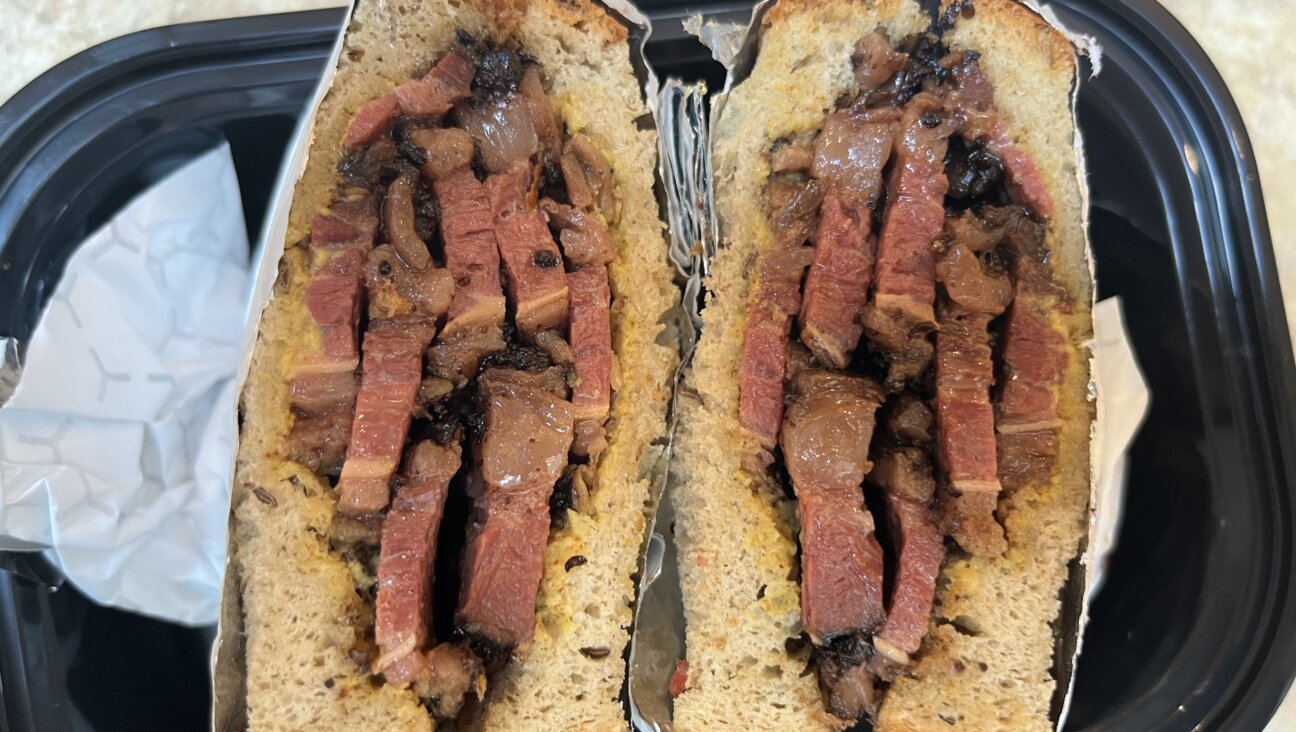
Culture I have seen the future of America — in a pastrami sandwich in Queens
-

Culture Trump wants to honor Hannah Arendt in a ‘Garden of American Heroes.’ Is this a joke?
-
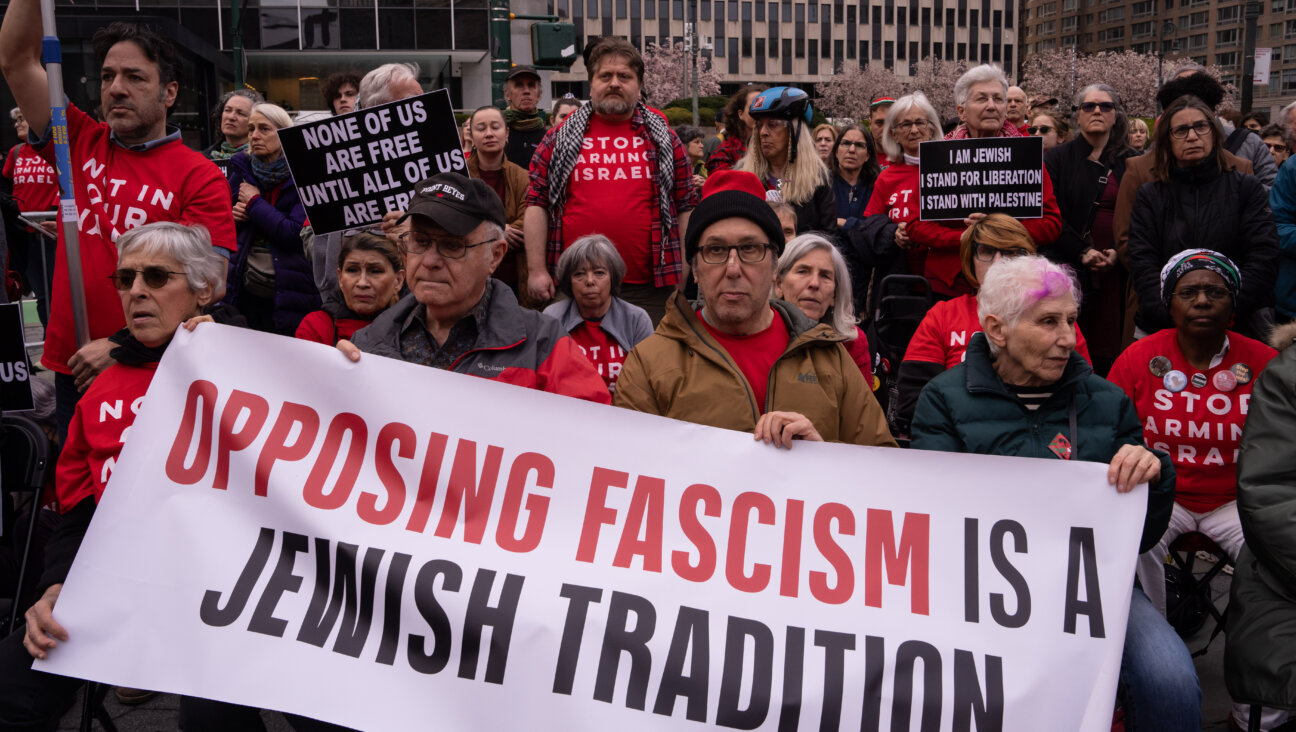
Opinion Gaza and Trump have left the Jewish community at war with itself — and me with a bad case of alienation
-
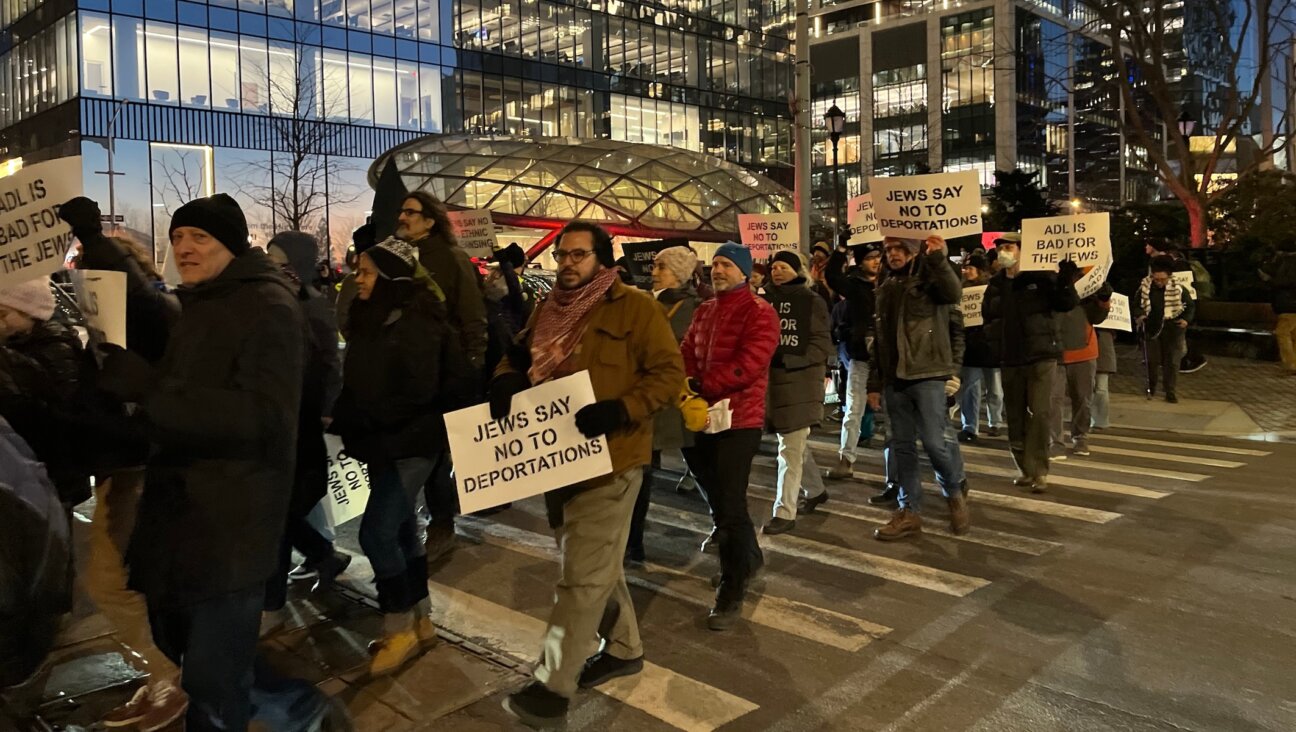
Fast Forward Trump administration restores student visas, but impact on pro-Palestinian protesters is unclear
-
Shop the Forward Store
100% of profits support our journalism
Republish This Story
Please read before republishing
We’re happy to make this story available to republish for free, unless it originated with JTA, Haaretz or another publication (as indicated on the article) and as long as you follow our guidelines.
You must comply with the following:
- Credit the Forward
- Retain our pixel
- Preserve our canonical link in Google search
- Add a noindex tag in Google search
See our full guidelines for more information, and this guide for detail about canonical URLs.
To republish, copy the HTML by clicking on the yellow button to the right; it includes our tracking pixel, all paragraph styles and hyperlinks, the author byline and credit to the Forward. It does not include images; to avoid copyright violations, you must add them manually, following our guidelines. Please email us at [email protected], subject line “republish,” with any questions or to let us know what stories you’re picking up.







